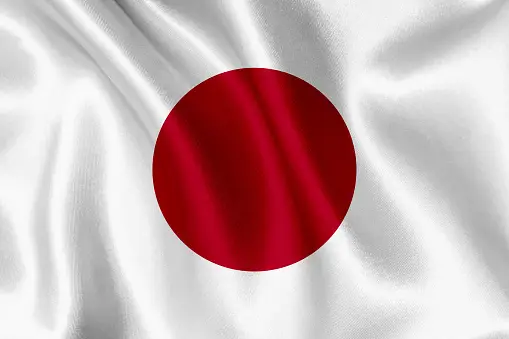
The recent discussions surrounding Japan’s potential involvement in the AUKUS security pact have ignited intense debates, underscoring the strategic significance of such a move in the Indo-Pacific theater. AUKUS, a trilateral defense alliance formed in 2021 comprising the United States, the United Kingdom, and Australia, was conceived as a response to the escalating challenges posed by China’s assertiveness in the region. Japan’s contemplation of joining this pact adds a new dimension to the evolving geopolitical landscape, raising both opportunities and challenges that warrant careful consideration.
At its core, the AUKUS pact seeks to bolster security cooperation and advance shared interests among member countries in the strategically vital Indo-Pacific region. With a primary focus on defense and technological collaboration, AUKUS aims to counterbalance China’s growing influence and assertive behavior, thereby safeguarding regional stability and upholding the rules-based international order. Japan’s potential inclusion in AUKUS is viewed as a significant enhancement, further fortifying the alliance’s capabilities and reaffirming the collective resolve of like-minded nations.
From a geopolitical perspective, Japan’s entry into AUKUS would substantially augment the alliance’s strategic reach and operational effectiveness. As a key regional player with advanced technological capabilities and a robust maritime presence, Japan brings considerable assets to the table. Its participation could bolster maritime security efforts, enhance interoperability among allied forces, and contribute to deterring potential threats in the Indo-Pacific theater.
Moreover, Japan’s alignment with AUKUS holds the potential to serve as a counterbalance to China’s expanding influence and assertive behavior in the region. China, apprehensive of any coalition that seeks to constrain its ambitions, perceives the AUKUS pact as a strategic challenge to its interests. Beijing views Japan’s potential entry into the alliance as a provocative move that could exacerbate regional tensions and trigger a security dilemma.
However, Japan’s decision to join AUKUS is not without obstacles and challenges. Domestic concerns, including Japan’s pacifist constitution, historical legacies, and public sentiment towards security cooperation, may pose significant hurdles. U.S. restrictions on sharing sensitive technological secrets with allies pose a significant hurdle for Japan’s participation in AUKUS. Additionally, Japan-China relations, already strained due to historical grievances and territorial disputes, could face further strain in response to Japan’s alignment with AUKUS.
Addressing these obstacles necessitates a delicate balance between fostering cooperation and managing potential risks. Japan, as a responsible stakeholder in the region, must prioritize dialogue and engagement with all relevant stakeholders, including China. While enhancing security cooperation with like-minded allies is crucial, it should not come at the expense of exacerbating regional tensions or fueling confrontation.
Furthermore, Japan’s potential entry into AUKUS should be perceived as an opportunity to promote constructive engagement and inclusive security architecture in the Indo-Pacific. Rather than solely focusing on military deterrence, the alliance should prioritize cooperative mechanisms aimed at addressing shared challenges such as maritime security, environmental protection, and disaster response.
Efforts to address these challenges are underway, with Japan taking proactive steps to bolster its cyber capabilities including plans to create a 20,000-strong cybersecurity force and enact legislation to enhance information security. Nonetheless, concerns persist regarding Japan’s ability to protect intellectual property and hold officials accountable for security breaches.
Yet, policymakers must tread cautiously, mindful of Japan’s constitutional constraints and commitment to a strictly defensive military posture. Balancing the imperative for enhanced security cooperation with respect for Japan’s sovereignty is paramount. Moreover, efforts to cultivate Japan’s participation in AUKUS must be coupled with measures to address U.S. export-control restrictions and bolster Japan’s cyber capabilities.
In this regard, China’s perception of the AUKUS pact can serve as a catalyst for dialogue and confidence-building measures. While Beijing may view the alliance with suspicion, there is room for constructive engagement and cooperation on areas of mutual interest. By promoting transparency, risk reduction, and crisis management mechanisms, regional actors can mitigate the risk of miscalculation and enhance trust among stakeholders.
Ultimately, Japan’s potential entry into the AUKUS pact underscores the evolving dynamics of security cooperation in the Indo-Pacific and the imperative for collective action in addressing shared challenges. As policymakers contemplate Japan’s role in the AUKUS pact, they must adopt a nuanced approach that balances security imperatives with the imperative for inclusive regional cooperation. By leveraging Japan’s strengths as a maritime power and champion of multilateralism, the alliance can contribute to a more stable and secure Indo-Pacific that benefits all stakeholders.
By The European Institute for International Relations














